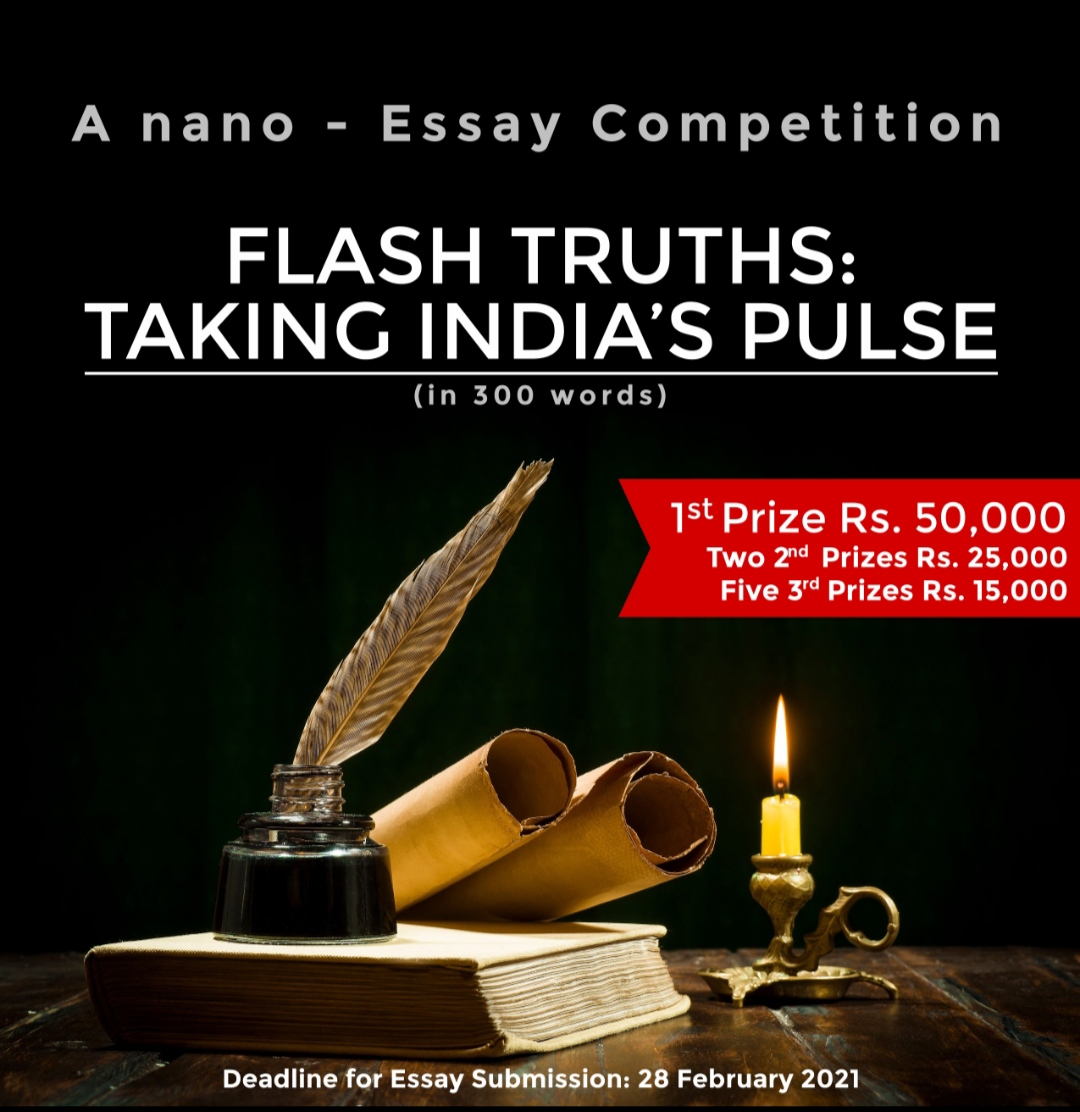From all reports, there is unprecedented glee in the Indian diaspora in the US regarding Kamala Harris’ nomination as VP on the Democratic ticket – and also some confusion, on whether she relates more to her “Indianness” or her “Blackness”. As a student of US politics & society, here are my early observations:
1. Despite the onslaught of political momentum/polls/economic data currently against him, Trump’s re-election bid is far from dead. Biden may yet implode becuase of his increasingly senility, with his uncontrolled rambling and off-the-cuff comments becoming a regaular embarassment if not nightmare for his handlers. A temoporary blip in the employment data may also provide another spur to Trump. As much as his detractors may hate Trump, Biden is hardly a compelling alternative for those who are truly liberal or progressive (and those two terms have begun to mean very different things within the Left of the American spectrum). In fact, he’s been unable to generate enthusiasm even within Latinos, young blacks and other minorities. And so, there are many social and economic factors which can come into play between now and November.
But if I were to put a bet on what might actually make Trumpo get re-elected, it is probably the increasing lawlessness & wokeness of the Democrats – especially after the riots following the George Flloyd killing, and the active support or muted connivance this received from a large number of elected Democratic officials at state, county and town levels. This really scares a large part of middle America, especially suburban whites. As long as Trump manages to contain his combative behaviour and bullying ways, as long as he gives Biden a big enough rope, and as long as he’s seen to be genuinely working to improve the economy, he may yet make it back. In fact, the small rabbit out of his hat 2 days ago (UAE-Israel deal) is already re-aligning both domestic and global equations in his favour, including a very positive story on the front page of New York Times (I can’t remember the last time NYT said anything nice about Trump). We all know how gullible Americans public opinion is, and how much disproportionate influence some key corporate and political lobbies have over it. So the battle for public perception is far from over – no matter how much the liberal East Coast media says it is.
2. Kamala Harris was always the most obvious choice for Biden (for reasons of race, gender, geography, complementarity of personality etc etc..) and the fact that he took so long to opt for her tells me that Biden was probably wanting someone else, but in the end was vetoed by the DNC backroom bosses who are really running the show. Harris is clearly an acceptable if not ideal “president after 2 years” candidate, one who will not upset any major applecart close to Democratic elites. She sounds liberal but she’s not. In fact, she’s a Clinton wannable, somebody who has mastered the art of public rhetoric but who offers no real solution. She’s a corporate and establishment democrat, and it is difficult to really pinpoint what she actually believes in or stands for.
3. On the question of whether she is “more Black” or “more South Asian” in her influence, until 2009 she publicly projected her South Asian ientity with pride, giving interviews to SA community newspapers and TV shows, constantly talking about her mom (and her Chennai-based granddad) as major influences, and even the odd cameo introduction of Rasam/Dosa being her comfort food. Her friends from those years recall her identifying far stronger with SA than with her Blackness. From all avaiable publci sources, it appears that she & her sis are barely on talking terms with their Jamaican father or their Jamaican cousins. Her dad is now a retired prof living somewhere in Wisconsin, and he recently gave an interview lambasting her for conveniently using her Jamaican identity to burnish her pro-weed policy switch (and also, in the process, for caricaturing all Jamaicans as constant weed smokers). But since she was brought into national focus as Calif AG in 2010, and later as a US Senator, and of course now as a candidate for Prez/VP, she has almost totally jettisoned her SA identity in her public campaigns. Her campaign team has been fervently pushing her “blackness”, including a story out just today about some black neighbour of theirs in her childhood (below). And of course, she puts up a most implausible defence – money – of why nobody from her family in India came for her parents’ wedding in the early 1960s. She’s desperate to not have to acknowledge racism within her own conservative Indian side of the family. Further, many black commentators in the US are already calling her as a wrong choice given that even her dad’s family are more associated with slave-owners rather than with slaves ! These family “secrets” or controversies will see greater media traction in coming days & weeks.
4. On India, Harris has neither any great love nor disdain. She’s not a rigid sanctimonious activist like Pramila Jayapal, who will forever find something terrible about Modi and the “new muscular India”, nor is she a demure India cheerleader like many in the India Caucus on the Hill. She’s first and foremost a savvy and self-serving political climber who knows how to say all the right things, play to the gallery, and pander to public opinion as it evolves. She’s a Hillary Clinton light. But this is not necessarily a bad thing for India. In my view, her opportunism is probably something which might come in handy for India at this juncture in geopolitics, when the winds are beginning to blw India’s way. All said & done, anti-China sentiment in the US (and elsewhere) will be a big asset for India, and will overshadow any vulnerability or scrutiny it may face over Kashmir or human rights. Even the US deep state is fast flipping, their eyes set on greater profits & power from the China play than the Russia play. Harris will follow the dictates of the establishment media, deep state & corporate lobbies – as of course, will Joe Biden. Trump or Biden, no matter who wins in November, the balance of factors are positive for India, and Indian foreign policy elites now have to prepare for a sophisticated and long game in opinion-shaping in the US. Of course, in large part, this needs an improvement in India’s fundamental economic appeal for the West.



